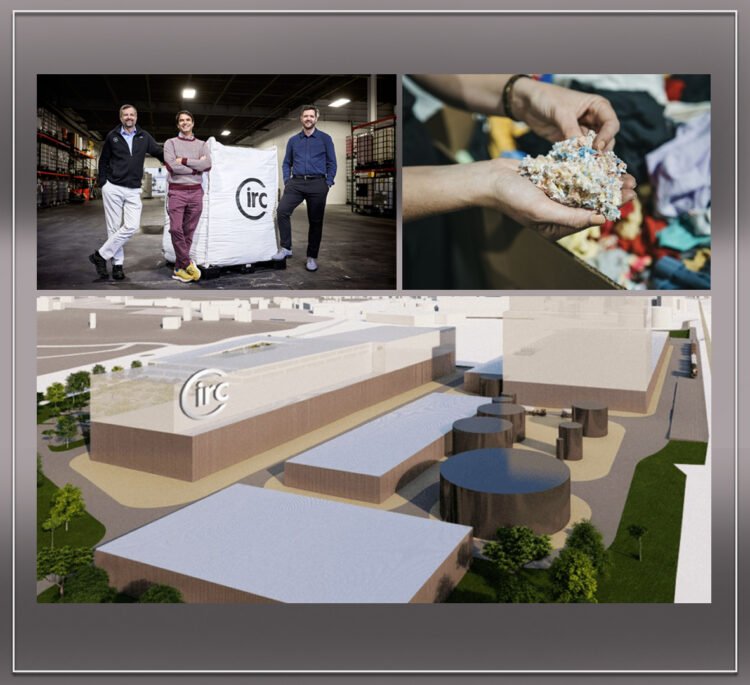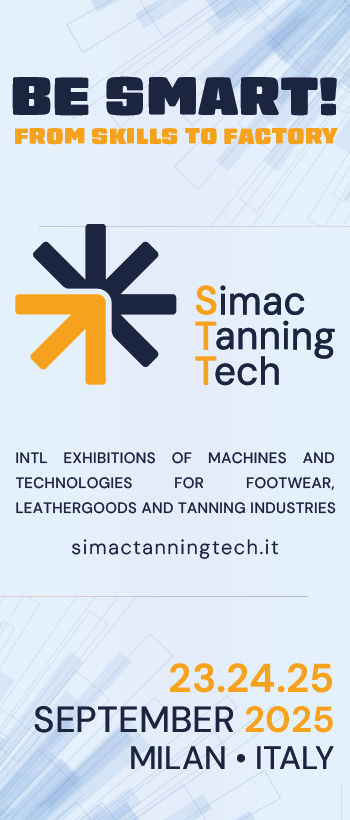Circ, a US textile recycling company, will build a $500 million plant in France for industrial cotton and polyester recovery.
In innovations that will drive fashion forward, Polycotton has announced Circ France, home of the world’s first commercial-scale textile-to-textile recycling plant for Polycotton.
With the support of the French Government and funding from the European Union, French President Emmanuel Macron announced the investment of $500 million in the industrial plant in Saint-Avold, Circ France, which will enable the recycling of fashion. Once operational in 2028, it will have a processing capacity of 70,000 tons per year and employ 200 people. It is the FIRST large-scale facility in the WORLD to recycle blended cotton and polyester on a large scale.
Peter Majeranowski, Chief Executive Officer: The €450 million ($504.09 million) facility, financed through a mix of equity and debt, will aim to access grants and guarantees from the French state, including the Guarantee for Strategic Projects, said Peter Majeranowski, Chief Executive Officer of the French government.
Creating a ‘circular economy’ with more recycling is a key part of the EU’s efforts to reach net zero emissions by 2050, but efforts to date have fallen short. Majeranowski said the new factory would be a milestone for the industry.
“This will be the world’s first industrial-scale polycotton (recycling plant),” he said. “Now, most of the garments produced are a blend of polyester and cotton, which makes recycling very difficult, so having this facility is an important milestone.”
The UN said the fashion industry is responsible for up to 10% of global greenhouse gas emissions and uses more energy than the aviation and transportation industries combined. The industry is also a major consumer of water and polluter of water resources.
With retailers demanding to polish their sustainability credentials and comply with stricter regulations, many companies are developing technologies to recycle the millions of tons of polycotton waste generated each year.
Circ uses hydrothermal technology to break down polyester without harming the cotton, so both can be recovered and reused in the same process.
Backed by the French government and the EU, Circ is turning the impossible into an industry.
- Where others saw waste, they saw valuable raw materials.
- Where others saw climate burden, they built a circular engine for the future of fashion.
- By 2029, this facility will process 70,000 metric tons of textile waste per year, turning mountains of clothing destined for landfill into virgin quality fibers that can be re-spun, re-sewn and reborn directly with Circ® customers like ZARA.
Clothing retailers Inditex (ITX.MC) opened the new tab and Patagonia acquired a stake in Circ, and its recycled materials are already used by Inditex-owned brands including Zara.
Companies such as Worley, GEA and Andritz were partners in building the factory, Majeranowski said, adding that they aim to use it as a model for future facilities, as manufacturers and suppliers have shown strong demand to help fashion firms meet their climate goals.
“We have a lot of interest from all over the world, from South Asia, East Asia, of course from the US, Canada, Australia,” he said.









